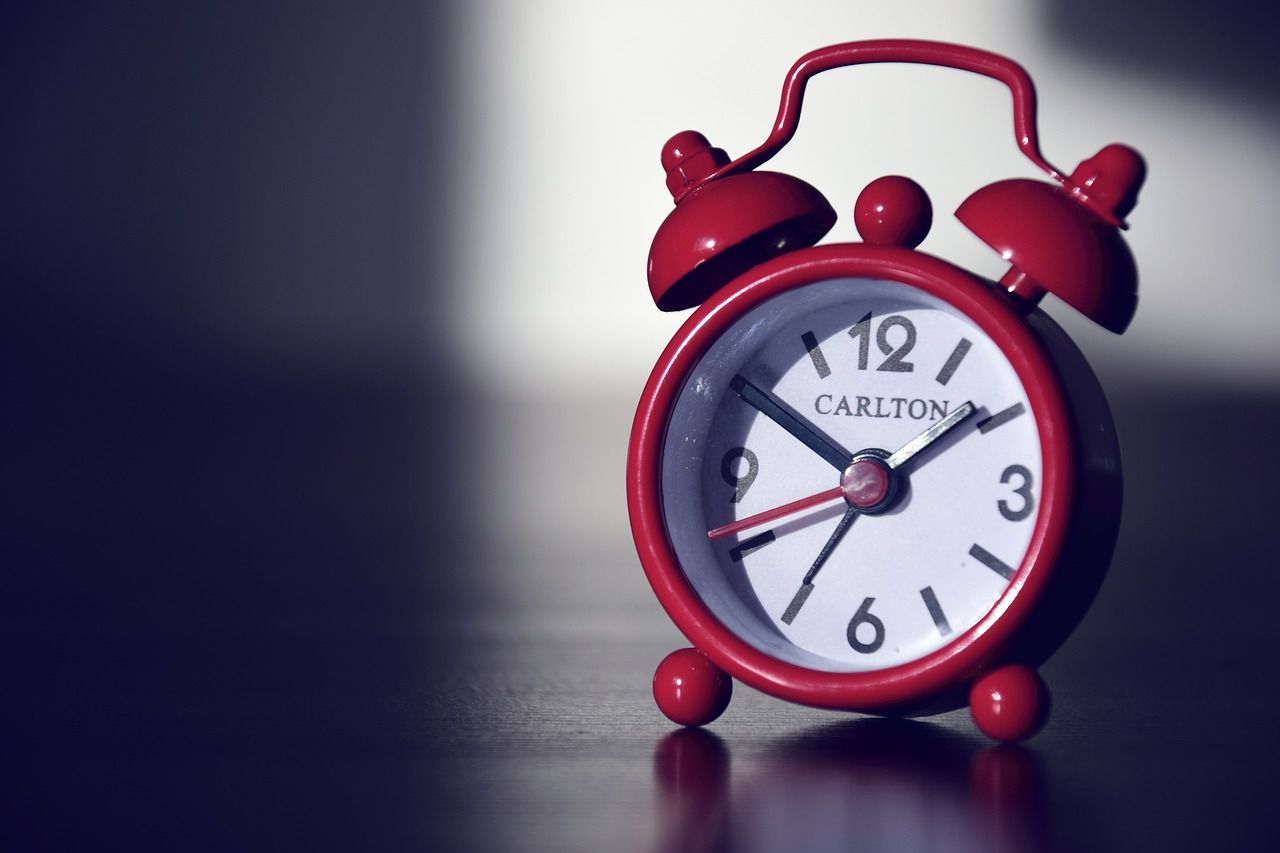How can your body know when to wake up without a clock?
Researchers from the University of Tsukuba in Japan have uncovered new insights into the molecular mechanisms governing sleep and circadian rhythms in rodents.
Let's find out more.

An interesting study
The newest study shows that a key molecule involved in sleep regulation, SIK3, plays a significant role in circadian behavior as well.
The brain's special master clock, known as the suprachiasmatic nucleus, orchestrates various rhythms in the body based on the one-day light-dark cycle.
The team of specialists genetically manipulated SIK3 levels in specific neuron groups within the SCN of rodents and observed their sleep and circadian behaviors.
They managed to find that SIK3 in the SCN influences the length of the circadian cycle and the average timing of peak arousal activity, without altering the regular daily amount of sleep.
This pathway, involving SIK3 and HDAC4, affects the circadian period and also contributes to the sleep/wake pattern.
That's why it's important
The study's findings shed light on the intricate mechanisms underlying circadian rhythms and may pave the way for potential treatments for sleep and circadian rhythm disorders in individuals.












